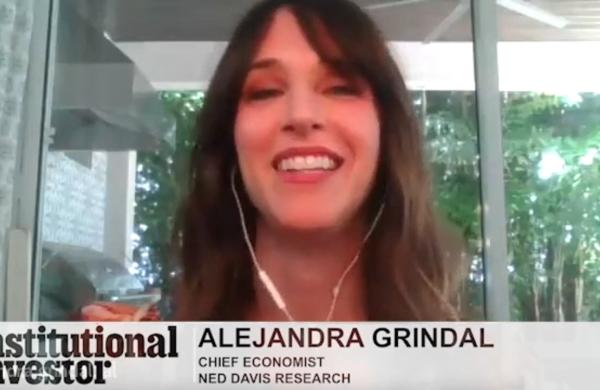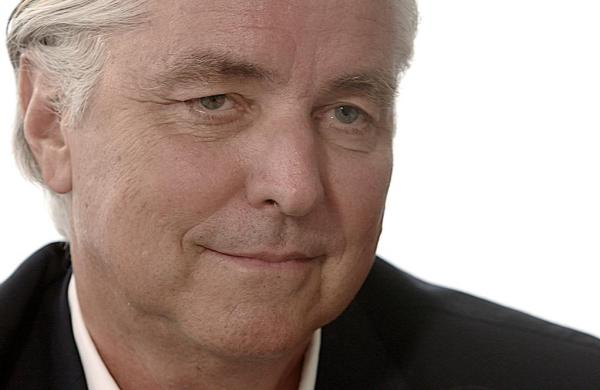"There won't be big international mergers between euro-zone banks any time soon," predicts Charles de Croisset, principal architect of the largest cross-border banking deal ever done in Europe. The 60-year-old de Croisset, one of France's most respected financiers, is stepping down March 1 after 11 years as CEO of CCF.
In 2000 de Croisset accepted a groundbreaking, E11.2 billion ($10.5 billion) offer to merge 106-year-old CCF (formerly Crédit Commercial de France) with British rival HSBC, one of several foreign suitors. The year before, de Croisset had turned down a E10 billion offer from the Netherlands' ING Bank as well as an informal overture from Belgium's KBC Bank. Now, he says, "different laws, regulations and consumer habits mean that other large cross-border banking deals will be few and far between."
De Croisset was an Ecole Nationale d'Administrationtrained bureaucrat who resigned as chief of staff at France's Ministry of Industry and Energy in 1980 to become head of CCF's international business. He was named COO in 1988 by his predecessor, Michel Pébereau, who is today chairman of BNP Paribas. De Croisset helped turn CCF into France's most profitable bank by providing services for wealthy clients and focusing on underwriting corporate bonds rather than competing with numerous other big institutions for low-margin corporate loans. CCF has reported higher profits for 20 consecutive years -- an estimated E629 million for 2003, a 12 percent gain over 2002.
"The HSBC-CCF deal was possible because HSBC respects local culture wherever it operates, and that is still exceptional," points out de Croisset, whose family knows how hard it can be to adapt to a new culture. His grandfather, Francis Wiener, a Belgian immigrant who became a celebrated early 20th-century playwright, changed his name to sound more French. De Croisset is the town in Rouen where one of Wiener's heroes --Gustave Flaubert -- lived.
Banker de Croisset cut an impressive deal with HSBC chairman John Bond: He garnered his shareholders a rich three-and-a-half-times book value and won assurances that CCF, with its E66 billion in assets, would have an unusual amount of independence from an acquirer that was 11 times its size. French regulators, who have occasionally taken a dim view of local banking mergers, quickly approved this international one. Even so, the merger stirred up nationalist sentiments in France. Le Figaro, the conservative newspaper, complained that a "French jewel was sacrificed," while the left-leaning Libération lamented that a "bank of the tricolor goes to a foreigner."
In fact, the merger's impact on CCF -- at the time, France's seventh-largest bank -- has been relatively minor. There were no layoffs, and CCF's senior managers kept their posts; virtually all of the E150 million in "synergies" to date have come from increased revenues HSBC captured by winning new international business from CCF's predominantly French clientele.
Don't expect CCF to change drastically after de Croisset retires, at what he calls an "appropriate age." (He's also stepping down from HSBC's board of directors.) His handpicked successor, 52-year-old Charles-Henri Filippi, is, like de Croisset and Pébereau, an ENA grad, and he was COO from 1998 to 2001. Filippi has spent the past three years in London as HSBC's board member in charge of global corporate banking. "He's an excellent banker, plus he loves CCF," says de Croisset.
An intensely private man, de Croisset declines to discuss his retirement plans beyond expressing a desire to spend more time with his wife, Marie.





